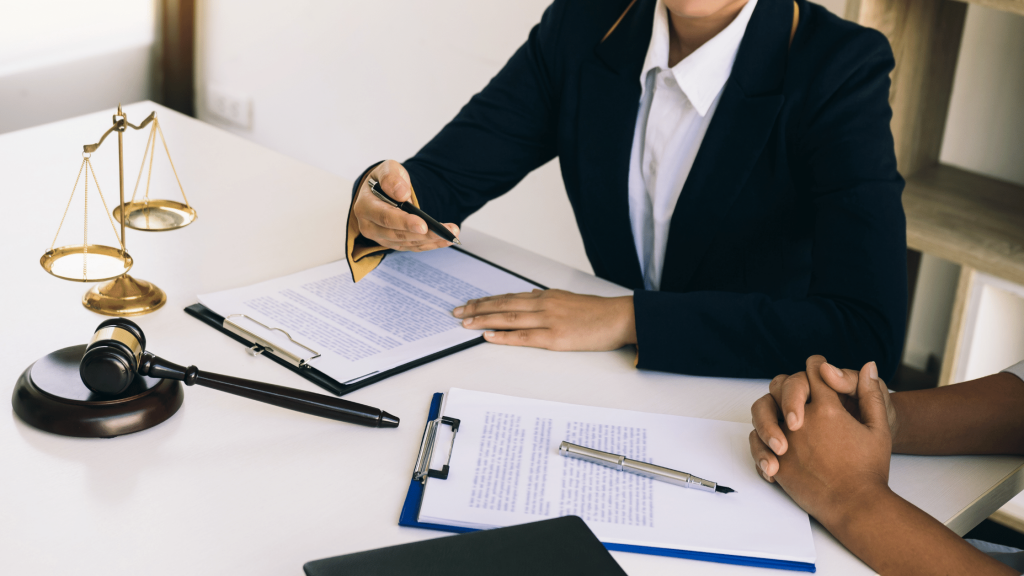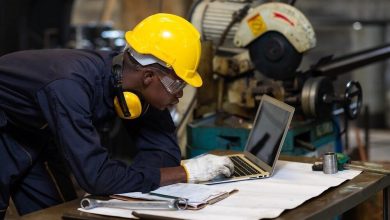All You Need to Know About Conveyancing

Before you purchase a house, it is important to be fully informed about conveyancing. A house purchase is an investment that will have a lasting impact on your life. You need to ensure that the legalities of the deal are correct to ensure a happy future. The biggest mistake that you can make during the conveyance process is not gathering the necessary documents. If you leave out any important documents, the whole process can be derailed. This can be avoided by seeking legal assistance from professionals who are familiar with how to obtain the correct documents.
Buy-to-let property
Conveyancing can be a difficult part of buying a buy-to-let property. The conveyancing process differs from that of buying a normal home, and there are additional fees and considerations that you should be aware of. Additionally, the process may impact your mortgage application. Before signing any contracts, inform your mortgage provider.
It is important to choose the right conveyancer melbourne when buying a buy-to-let property. A solicitor should be on the list of all buy-to-let mortgage lenders. He or she might not be able act for your new mortgage lender if he/she is not on the panel. You will also need someone who can communicate effectively with your mortgage lender as well as freeholders.
A solicitor is required if you purchase a buy to let property from a former owner. Buy-to-let property comes with a lot of risks, including the possibility of house prices falling. In such a situation, you may not be able to repay the mortgage. You could face repossession if this happens. In addition, the property might need major repairs, which would cost money.
When buying a buy-to-let property, it is essential to get the legal assistance of a conveyancing solicitor. The process is complex and time-consuming. The solicitor will contact the seller’s lawyer to verify contracts, raise inquiries, and conduct local searches.
A specialist buy-to-let conveyancing solicitor will help you navigate the process and make sure that you have the necessary mortgage. The conveyancer will also look into the restrictions and regulations in place regarding the rental of a buy-to-let property. Finally, the solicitor will draw up the contract of sale and assist you with secondary legal documents.
You should also consult a financial advisor and accountant before buying a buy-to-let property. These professionals will provide you with advice on tax and fees, and will explain to you all of your rights and obligations as a landlord.
Buying a home
If you’re buying a home, you should know all you can about conveyancing, the legal process that transfers ownership of a property from the seller to the buyer. To complete the process, you will need a licensed conveyancer or solicitor. These are the main steps in this process.
Conveyancing takes place when a seller or a buyer exchanges contracts. The details of the deal are finalized at the exchange of contracts. This includes the mortgage offer and the terms of the contract. Conveyancing is a necessary part of the buying and selling process and can help you reduce stress.
A solicitor will verify that the property information forms are correct. This information will help the conveyancer clarify your mortgage situation. A survey of the property is also necessary. If you are purchasing an older property, a survey is particularly important.
Before you can make an offer on a property, you should always have a professional check it out. This is to make sure that the property is in good shape. You can either use a homebuyers report or a structural survey. A homebuyers report is usually cheaper than a structural study.
Once you have found the property that you like, a conveyancer will prepare and sign the transfer document. You will also need to pay stamp duty on the property. Stamp duty is a tax that only applies to certain transactions. It will be charged on certain types of home loans and land. There are also concessions available for first-time buyers.
In addition to a contract of sale, the seller will attach a number of mandatory searches. In some cases, additional searches may be required, such as a strata or pest inspection. The conveyancer will be able to advise you on the best searches to get for your property. Some of these searches can be completed after the contract is signed, while others should be completed prior to the contract.
Buying a business property
Conveyancing is a legal process that involves a solicitor. They will keep in touch with you and the seller throughout the process. Occasionally they will also speak to the vendor’s estate agent and mortgage lender. They will review the draft contract with their counterparts and raise any questions.
A solicitor will prepare a contract that sets out the details of the sale and the transfer of ownership. It is a legal document that should outline both parties’ rights and responsibilities, and also the price and method of payment. A conveyancer can also ensure that the contract is accurate and includes all details about the property.
Selling a home
There are many things you need to know about conveyancing when selling your home. For instance, you must prepare a contract of sale, and your solicitor will assist you with this process. You may also choose to use a selling agent. Which professional you choose will depend on the type of sale you are making. For private sales, a selling agent will prepare the contract, while auction sales require the assistance of a solicitor.
You will also need to fill out a form called TA6, or TA7 if your property is leasehold. This form asks you to give details about the property, including any furniture and fittings. It is important that the form be accurate, because if something is missing or wrong, the buyer may withdraw their offer or seek compensation.
The contract will be read and signed by the buyer. They will also sign a contract stating the completion date. There is no time limit on the number of times either party can withdraw from the sale. However, if a buyer pulls out of the deal between the exchange and completion date, the seller will be able to sue them and keep the deposit they provided.
Conveyancing is an essential part of selling a house. It begins when you accept an offer to purchase a home and ends on the day it is completed. It can take from twelve to sixteen weeks, but it’s often longer. Conveyancing fees will be added to the final price.
A real estate agent can help you with this process. This professional will be able to prepare the Contract of Sale, and will help you gather any necessary documents. Your conveyancer will also ensure that the title passes from the seller to buyer and assist you with any legal issues.
A solicitor can also assist you with property searches. This will tell you everything, from whether the area is susceptible to flooding to where contaminated ground is. Any potential problems will be identified by your conveyancer.





